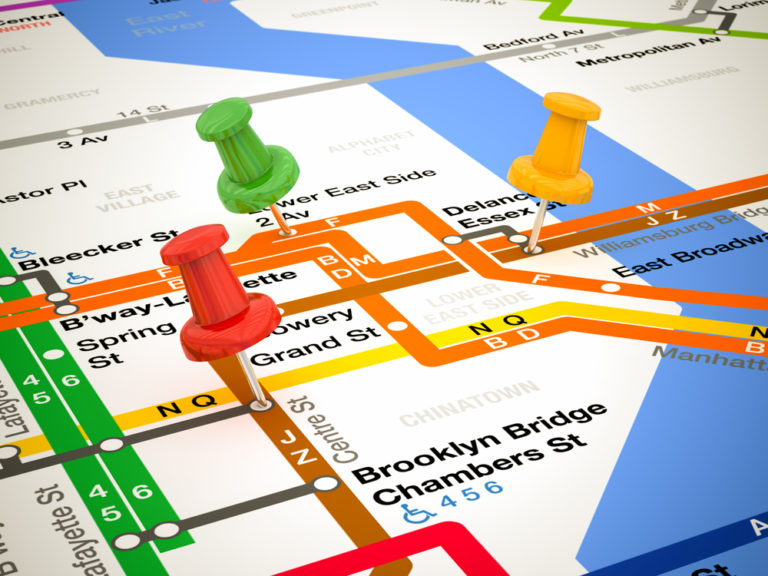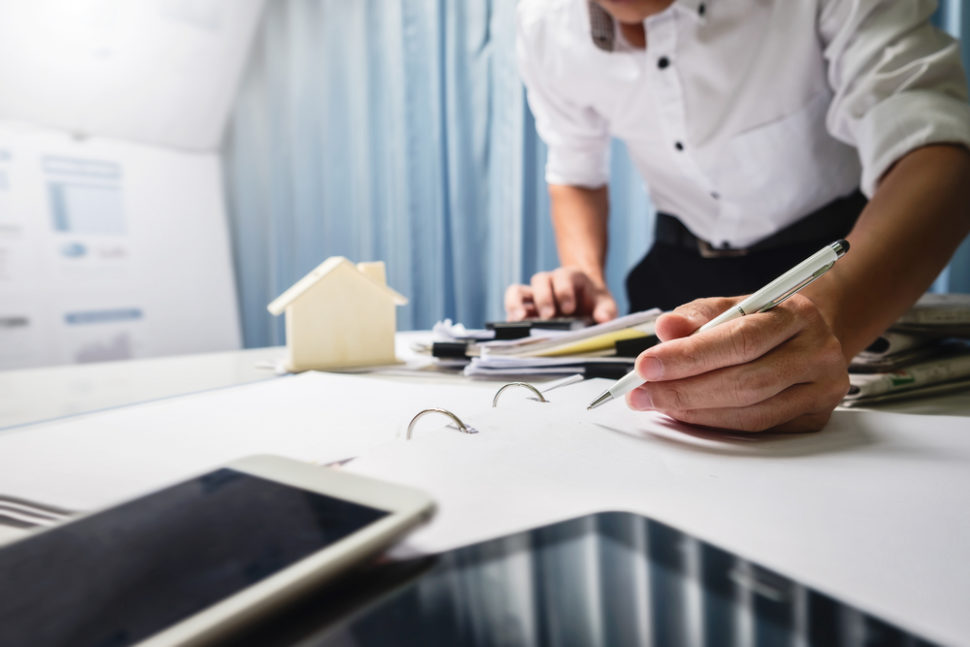#1 Fully Investigate the Property
Any property that you have a financial stake in should be thoroughly vetted. Ask the realtor to take you through the entire property to determine the condition of the structure, and identify potential risks. Pay close attention to the state of the flooring, foundation, and other factors that might require a future financial stimulus. Also, find out about the age and functionality of HVAC systems to gauge their longevity.
Furthermore, inquire about zoning laws or constraints set by the deed that could limit your usage of the property in the future. For example, learning that your deed prohibits you from improving the exterior aesthetic of the building after the fact is far from ideal.
Familiarizing yourself with the surrounding market is also important. Find out about demographics in the area, as well as local building vacancy rates, traffic patterns, and comparative rental rates.
Taking your time to determine potential acquisition, operational and renovation costs will give you a realistic idea of how expensive the investment will be. Compare these costs with the expected rental rates (based on similar properties). These values will give you an indication of the feasibility of the investment based on your budget.
#2 Do Extensive Location Research
In commercial real estate, the location of a property will determine the rent you can charge for the duration of your property ownership. This, in turn, dictates the value of the property.

Commercial buildings located in nicer areas will both attract more affluent businesses, and prevent them from leaving.
#3 Understand Accounting Principles
Before launching yourself into a binding commercial real estate investment, be sure that you have an in-depth understanding of accounting principles. You should also be knowledgeable about bookkeeping for real estate investors, as well as common mistakes to avoid.
Being able to independently read and analyze a balance sheet, as well as a profit and loss (P&L) statement is imperative to understanding the condition your property is in.
Understanding the difference between your net operating income and net cash flow is also crucial. While cash flow is determined by subtracting total expenses and loan payments from your total income, net operating income calculations remove loan payment from the equation. These measures offer different insights about how you should improve your property, or acquire leverage. While leverage is important in any real estate investment, avoid making rash decisions that would prevent you from selling the property, redefining your rental model, or refinancing.
#4 Gradual Growth
Don’t fully immerse yourself in the commercial real estate world without any experience in it.
A simple way to acquaint yourself with the real estate industry is investing in a publicly traded real estate investment trust. By adding this to your investment portfolio, you will begin to understand how the real estate market works. These stocks are also easy to sell if things take a negative turn, as opposed to your commercial property.
#5 Observe Market Trends

Strategize about when to buy, hold or sell property in the economic cycle. Before finalizing any real estate investment plans, be cognizant of how they will be impacted by the market.
#6 Contact Professionals For Advice
As is true for any new project, you should seek advice from industry professionals with dedicated experience. Having a dedicated team of people oversee your financial decisions to ensure maximum profitability, as well as legal compliance, is essential. At Margo’s Bookkeeping, we can help you record all expenses, remind you to collect rent, keep track of your expenses, and provide input about tax minimization strategies.




